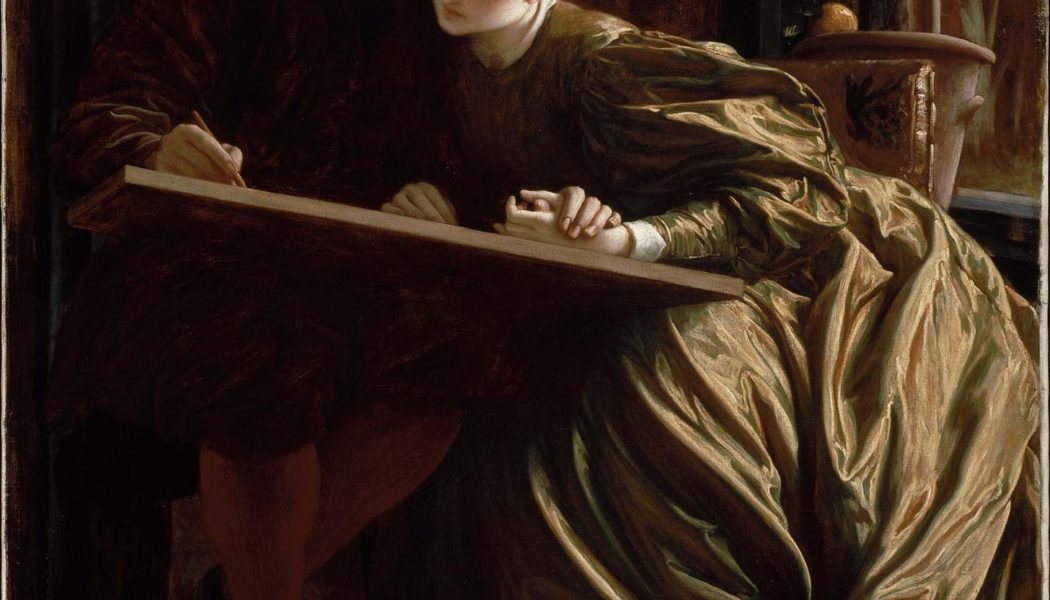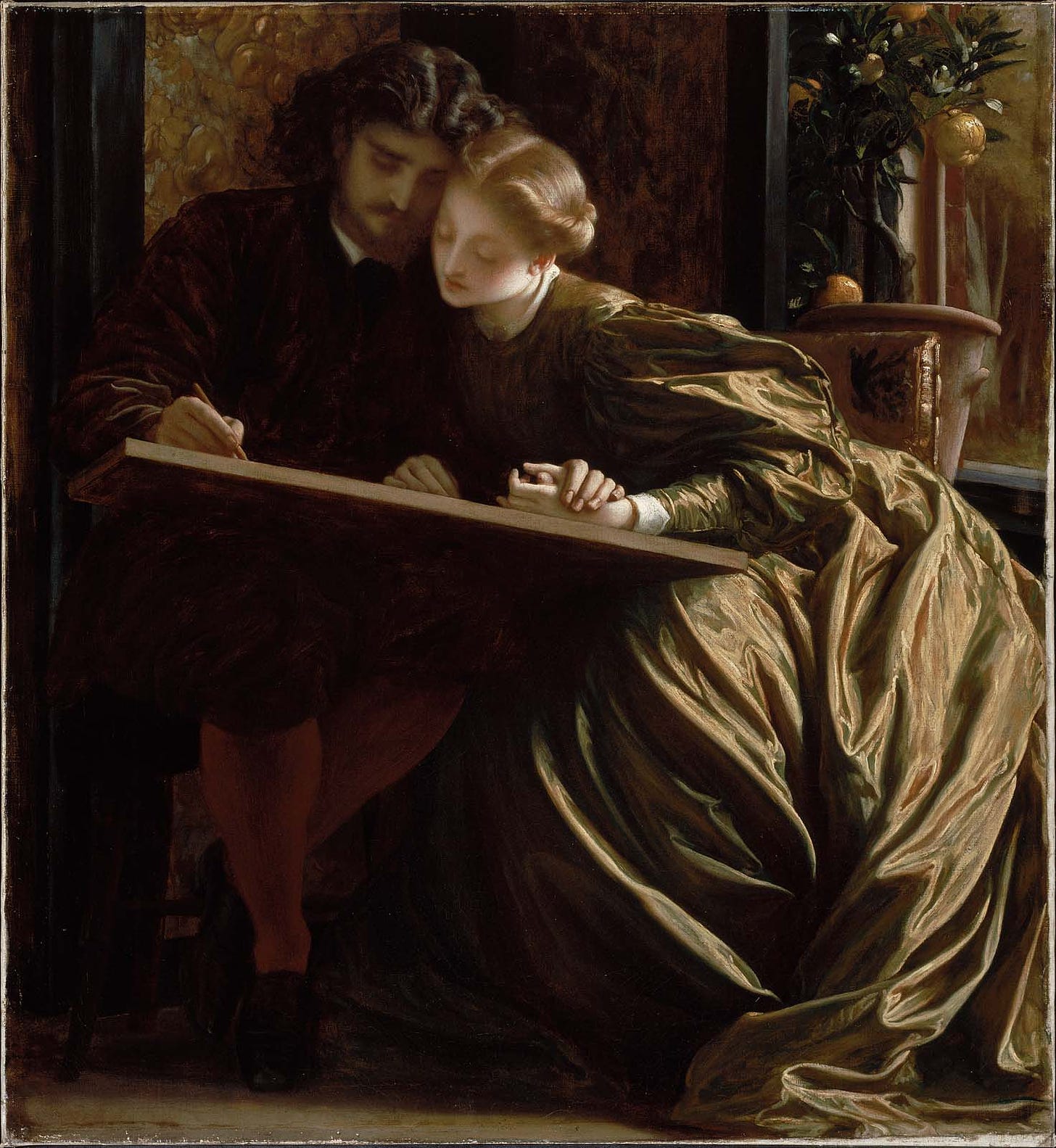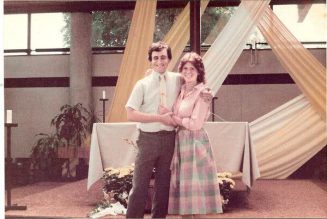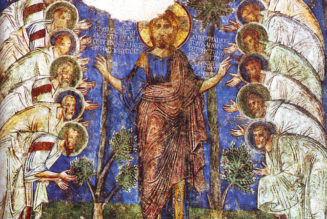“With this ring I thee wed; this gold and silver I thee give, with my body I thee worship and with all my worldly goods I thee endow.”
In last week’s article, I made the claim that not only is it possible for someone to give a gift without expectations or demands from the receiver, it is in fact necessary that this be the case. Otherwise, it is not a gift, but a transaction.
Does this always hold though? What about conjugal love between husband and wife? In Humanae Vitae, Pope Paul VI notes that “…husband and wife, through that mutual gift of themselves, which is specific and exclusive to them alone, develop that union of two persons in which they perfect one another, cooperating with God in the generation and rearing of new lives.” If this love is meant to be a mutual gift, though, does this somehow violate our principle? Imagine a woman say to her husband that she wants to give her very self to him, but she has no expectation that he give his very self in return. The thought should horrify us.
No, this gift between spouses must be complete, and it must be reciprocal. Anything less than this is merely a masquerade of spousal love—a masquerade where the lovers’ true face is never revealed to the other.
Then how are these two realities to be reconciled? Are there some gifts that may make demands of the receiver? Or, is it the case that the spouses are not making a “mutual gift of themselves” properly speaking?
I would propose that there is a third way—one which simultaneously upholds the nature of gift, as well as the nature of marital love.
An utterly unique gift
In the Sarum Rite of the Catholic Church, the bridegroom speaks to his bride “With this ring I thee wed; this gold and silver I thee give, with my body I thee worship and with all my worldly goods I thee endow.” The phrase “with my body I thee worship” is shocking—and I think meant to be so. It ought to be shocking for everyone involved: the wedding guests who hear it, the bridegroom who dares to speak it, and the bride who humbly accepts it.
Now, of course I am not claiming that the vow is using “worship” in the same way that we would speak of worshipping God, i.e., with latria. Nevertheless, the vow does use worship in an analogous way to make clear to the listener, and certainly the speaker, that they ought to feel a sense of awe at the truth being expressed. For, the bridegroom is proclaiming that he intends to give his bride, with his body, his very self, holding nothing back from her because he finds her full of worth: worth-ship.
We should note that this kind of worship is by definition exclusive. For, there is only one beloved of the lover who can hear and accept the words: “I give myself wholly to you.” The lover cannot divide himself and remain a worshiper of the beloved. That is why the lover “forsakes all others.” That is why the Beloved asks to be loved “with all thy heart, and with all thy soul, and with all thy mind, and with all thy strength.” Further, the lover cannot give himself to the beloved if the beloved is divided; both lovers must belong to each other wholly, completely, and undividedly in order to realize a true union of persons.
Receiving the beloved
I think it is right to say that to truly receive another as they are; to truly see them as they are, should terrify us. In proof of this, consider Moses’ request to God. “Please let me see your glory!” God replied however, “you cannot see my face, for no one can see me and live.” Of course, there is an infinite difference between a Divine and human person. Nevertheless, there is an analogical truth to be found here. In the marital embrace, the lovers look upon each other and see each other as they really are, in their entirety. This is a foreshadowing of the beatific vision where we will see God as He is. Moses could not look upon God in this life—all unions of persons must happen in their proper time. Before they are husband and wife, a woman says to her beloved, “you cannot look upon me yet.” In due time though, she wishes for nothing more than to be received, whole and complete by her beloved.
We may begin to see now why the marital embrace is unique among all other gifts. It turns out that the lover offers not one gift, but two. The lover worships the beloved with his body. That is the first gift. But something else happens at the same time. The lover says to his beloved, “I know that you wish for me to receive you—completely—in return.” And as we have said, to receive another in this way is terrifying. It is to receive the other, unmasked, though they be wounded, though they be scarred. And to receive the wounded, the hurt, the beloved who desires to be beloved, may be a greater gift even than the first, for the desire to be loved and wanted is the primordial need among all men. We know ourselves most truly when we experience the love of another. For, as Fulton Sheen tells us, “Love is a mutual self-giving which ends in self-recovery.”
Then, far from there being a kind of demanded give and take between husband and wife, instead we find the gift of giving, and the gift of receiving bestowed by the spouses on each other. What is beautiful about these gifts is that as one examines them, giver and receiver seem to blend into one. Pope John Paul II noticed this same phenomena when he wrote, “These two functions of mutual exchange are deeply connected in the whole process of the gift of oneself. The giving and the accepting of the gift interpenetrate, so that the giving itself becomes accepting, and the acceptance is transformed into giving.”
The lover’s true face
We are told that after Moses spoke to God, his face became radiant so that he had to put a veil over his face. “Whenever Moses entered the presence of the LORD to speak with him, he removed the veil until he came out again….Then the Israelites would see that the skin of Moses’ face was radiant; so he would again put the veil over his face until he went in to speak with the LORD.” I think this wonderfully typifies the gifts that husband and wife give to each other. For, when they are together, they are able to truly look upon each other’s face, as no one else can. Far from being a masquerade, they present their faces to each other unveiled. And their scars, once believed to appear as scarlet, suddenly disappear on their radiant faces.
Join Our Telegram Group : Salvation & Prosperity










